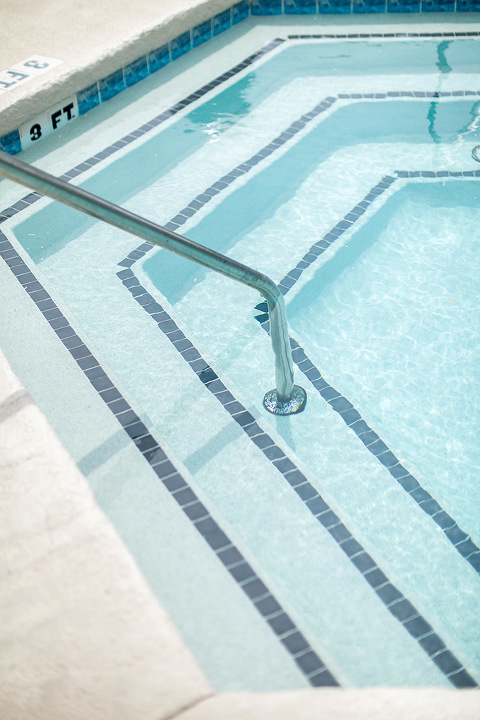
Vacations are meant to be a time for rejuvenation, a chance to escape the everyday grind and reconnect with ourselves. Yet, for many, the pursuit of relaxation on vacation can feel more like a frustrating struggle.
The allure of the digital world, coupled with the pressure to maximize every minute of a precious vacation, often makes disconnecting and truly unwinding incredibly challenging.
We’re bombarded with emails, social media notifications, and the constant pressure to document and share every moment—sometimes even during what’s supposed to be precious downtime.
This relentless drive to stay connected, however, can thwart the very purpose of vacation. Instead of recharging, we’re just shifting the stress from our daily routine to our leisure time.
The pressure to “make the most” of our vacation time also contributes to this struggle. Many feel compelled to pack every day with planned activities, tours, and outings, leaving no room for spontaneous moments or simply doing nothing.
And often, these meticulously planned itineraries are based on a desire to maximize each moment—but frequently result in an exhausting whirlwind of scheduled activities rather than the relaxation we crave.
Another significant contributing factor is the “vacation guilt” many experience. This feeling stems from the idea that we should be actively engaging with exciting activities, rather than simply relaxing.
Social media and travel influencers often portray vacations as a constant stream of thrilling adventures, which can make the simple act of relaxing feel underwhelming.
But it doesn’t have to be this way. We can reclaim our vacation time by consciously choosing to disconnect and embrace the beauty of simple moments.
There are specific strategies for achieving this important goal, which range from setting clear boundaries between work and vacation to prioritizing downtime and embracing spontaneity on our travels . These practices are crucial if you want to achieve that precious relaxation time on your vacations and to make your vacation truly memorable by reconnecting with yourself and achieving that essential relaxation time you deserve after all your hard work and dedication during the year. Let’s explore a few practical steps for a more fulfilling vacation experience. Make time for simple pleasures, whether it’s enjoying a leisurely meal, spending time in nature, or simply reflecting on the journey. Remember, relaxation isn’t a destination, but a conscious choice you make every moment of your vacation. It’s about creating space for your mind and body to rest and recharge, which will result in a far more positive experience. Make a conscious effort to disconnect by turning off notifications on your phone and computer. Set aside specific times to check emails or social media to avoid distractions. Choose downtime activities like reading, swimming, or simply enjoying the view from a café. Allow yourself to be present in the moment, without the pressure to document or share every detail. By understanding the obstacles that prevent us from truly disconnecting and unwinding, we can develop practical strategies to transform our vacation experiences into truly relaxing retreats—retreats that will rejuvenate our mind, body, and soul, and leave us feeling refreshed, revitalized, and completely rejuvenated—ready for the world again after our precious downtime. Remember, a vacation should be about connecting with yourself and enjoying simple pleasures, not constantly documenting your experiences for social media. So put down that phone and connect with yourself, your surroundings, and your loved ones without feeling pressured to share or upload every moment—it is your personal and private time to enjoy. Embrace downtime, create space for spontaneity, and remember that true relaxation lies in the simple moments of peace and quiet. Embrace the joy of nothing. Enjoy your well-deserved break and appreciate the simple beauty of the moments around you. Allow yourself to feel the freedom of not needing to plan every single moment and the beauty of enjoying the moment in its purest and most raw state, allowing you to take in all the sensory experiences around you and embracing the beauty and potential of unwinding and recharging your batteries without the feeling of guilt from not maximizing your vacation time.
In conclusion, truly disconnecting and relaxing on vacation often requires a conscious effort to resist the pull of constant connectivity and scheduled activities. Prioritizing downtime, embracing spontaneity, and disconnecting from work can lead to a more rejuvenating and fulfilling vacation experience. By understanding the common struggles and employing strategies to combat them, you can achieve the relaxation you deserve.